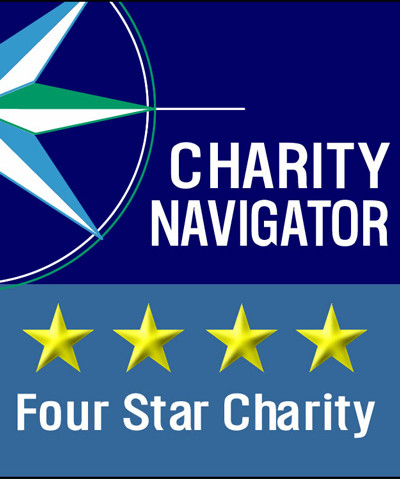Important Points to Consider during Estate Planning:
- An estate plan has several elements. They include: a will, assignment of power of attorney, and a living will or health-care proxy.
For some people, a trust may also make sense. It's best to consult with an attorney or certified advisor to put together a plan. Your advisors will also be mindful of both federal and state laws governing estates.
- Taking inventory of your assets is a good place to start.
Your assets include your investments, retirement savings, insurance policies, real estate or business interests, and of course ART. Ask yourself three questions: Who do you want to inherit your assets? Who do you want handling your financial affairs if you are ever incapacitated? Who do you want making medical decisions for you if you become unable to make them for yourself?
- Everybody needs a will.
A will is a meaningful title for the document through which we pass on our estates. It can be defined as an indication of those things we wish to happen, or continue to happen, with our estate after we are gone. Through your will you can make a planned gift with no impact to your finances during your lifetime. Further, a bequest can help to minimize the estate
taxes payable after your death and it is one of the most effective and significant ways one may perpetuate charities.
- Trusts aren't just for the wealthy.
Trusts are legal mechanisms that let you put conditions on how and when your assets will be distributed upon your death. They also allow you to reduce your estate and gift taxes and distribute assets to your heirs without the cost, delay, and publicity of probate court.
- Discussing your estate plans with your heirs may prevent disputes or confusion.
Inheritance can be a loaded issue. By being clear about your intentions, you help dispel potential conflicts after you are gone. Discussing your intentions and the sort of legacy you would like to create is also a great way to introduce and involve younger family members in the act of charitable giving.
- The federal estate tax exemption—the amount you may leave to heirs free of federal tax—changes regularly.
Your attorney or other professional advisor will be current on these, and other, tax and charitable giving laws.
- You may leave an unlimited amount of money to your spouse tax-free, but this isn't always the best tactic.
By leaving all your assets to your spouse, you don't use your estate tax exemption and instead increase your surviving spouse's taxable estate. That means your children are likely to pay more in estate taxes if your spouse leaves them the money when he or she dies. Plus, it defers the tough decisions about the distribution of your assets until your spouse's death.
- There are two easy ways to give gifts tax-free and reduce your estate.
You may give up to $14,000 this year (amount subject to change in future years). You may also pay an unlimited amount of medical and education bills for someone if you pay the expenses directly to the institutions where they were incurred.
- There are ways to give charitable gifts that keep on giving.
Whether your estate is simple or complex, it's more than likely that there is a tax-advantaged gift planning vehicle; be it a bequest through your will or trust, a charitable remainder trust, gift of life insurance, designation from your retirement funds, or a real estate remainder gift.













![memberseve[1]](https://www.sbma.net/sites/default/files/styles/menu_thumbnail_400_480/public/menu/memberseve%5B1%5D.jpg?itok=mKWXZfKA)





